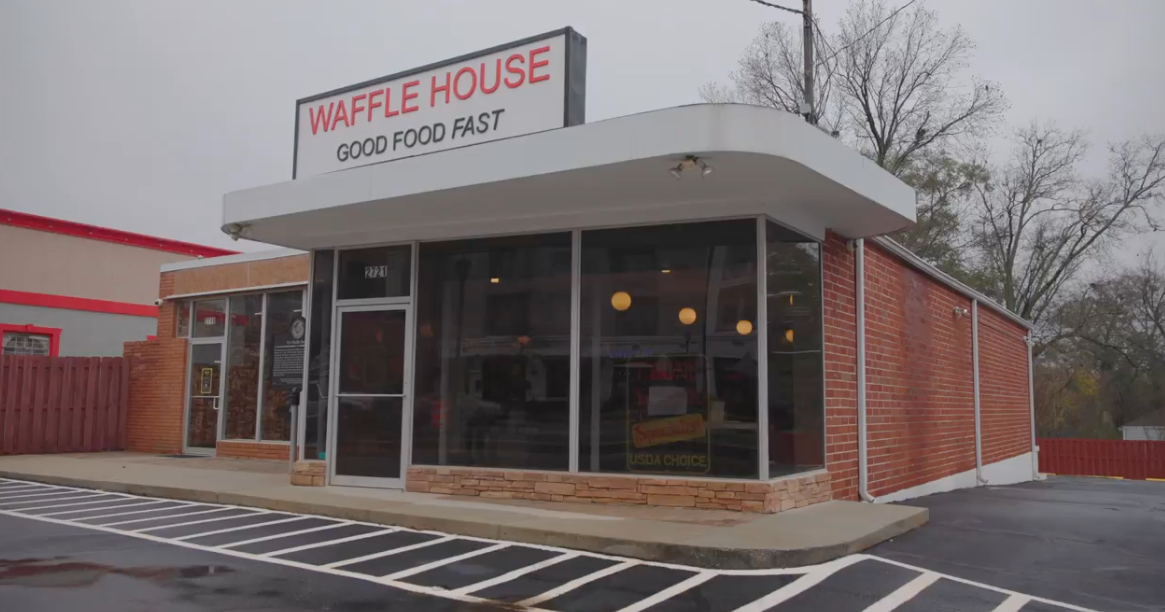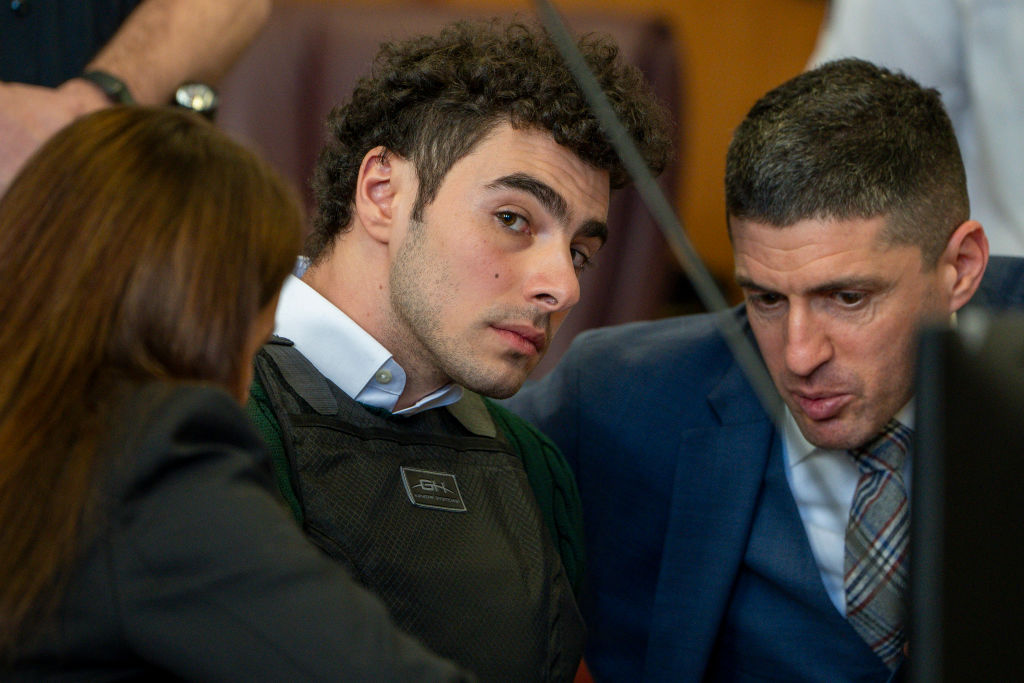5 things we learned from the American Red Cross about blood donations during the pandemic
Earlier this week, CBS News visited the American Red Cross to learn about blood donation during the coronavirus pandemic. CBS News sat down with Gail McGovern, the CEO of the American Red Cross, who told us the need for blood donations is "constant," but that in particular, the last few months have led to an "unprecedented" disruption in the blood supply chain.
Here are our top takeaways from our visit with the Red Cross:
1. The Red Cross supplies almost half the nation's blood supply.
"We supply 40% of the nation's blood," McGovern said. "And in order to do that, 13,000 have to show up every single day."
McGovern explained that donated blood goes to a variety of patients. "When a hospital has a shortage of blood supply, they can't perform lifesaving surgeries," she said. "Trauma patients need the blood supply. People that are receiving chemotherapy need lifesaving platelets. And we hate it when we have to ration the blood supply for our hospitals."
2. There is an urgent need for blood donations due to the pandemic
Generally, McGovern said the Red Cross likes to maintain five days of inventory; at some points during the pandemic, the organization was down to a two-day supply. Currently, the inventory is at a three-day supply. The COVID-19 pandemic has "really made it difficult for us to be able to collect blood the way we normally do," McGovern said.
In part, this is because "so many blood drives are getting canceled. Businesses are closed, universities are closed. All the places that we normally collect blood have closed down. Only 20% of the blood that we collect are at Red Cross sites."
3. Right now, all donations are being tested for COVID-19 antibodies
Blood donations are not tested for COVID-19 because respiratory diseases are not known to be spread through infusions. All donations are, however, being screened for COVID-19 antibodies, which if they had the virus at one point.
McGovern told us the antibody screening is done for three reasons: "First of all, our blood donors tend to be very health conscious. And they like to know if they have the antibodies. The second reason is we think the public health officials can really benefit from some of the data that we'll be collecting. And the third reason is we're really hoping that we find people that will then turn around and donate convalescent plasma."
4. It is safe to donate blood
In order to make sure donors, staff, and volunteers stay healthy, McGovern said the Red Cross has implemented new safety protocols for all blood drives.
"We are taking every single possible precaution to make the environment safe," she told us. "So we have everyone wearing masks, everyone has to have their temperature taken-- including our staff every single day. We have the beds social distanced, six feet away. We wipe down the beds after every single donation. We ask the donors to use hand sanitizer before, during and after the donation. And in the waiting areas, people are six feet away."
5. Each donation can save up to three lives
According to the American Red Cross, one blood donation can save up to three lives. Less than 38% of the U.S. population is eligible to give blood, but someone needs blood in the U.S. every two seconds.



